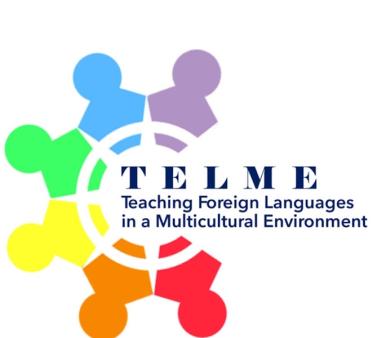This is a two-year vocational training course. It aims to respond to the challenges of regional reconfiguration and development. Governance and regional attractiveness are central issues in this course, which is delivered by a hybrid teaching team (lecturer-researchers and lecturer-practitioners) and by the sector’s professional networks.
Objectives
This degree trains future practitioners in regional public communication. Graduates will be able to understand the contexts, challenges, controversies and stakeholder strategies facing regions today (and tomorrow) in terms of their political, social (participatory democracy, consultation approaches, e-administration, user-logics, public health, etc.), economic (bottom-up innovation, regional marketing, regional brands, etc.) and cultural development. Proficiency in communication issues, systems and practices in this ever-changing environment are fundamental.
Skills
Graduates will be able to:
-
analyse the public and political communication issues associated with policy responses to and support of public actions, local development and regional innovation;
-
design intervention and support strategies and operational methods for driving / assessing the various communication policies pursued in and around a region by public institutions, organizations and stakeholders.
Course Content
The teaching team is responsible for delivering the specialization modules. This team is made up of lecturer-researchers who are specialists in the field (Information and Communication Sciences and Political Sciences) as well as industry professionals from the sector (communication managers, consultants). The training also integrates digital learning devices and tools (Cursus, MOOCs, e-portfolio, the Rennes 2 Fablab). The core and research methodology modules are shared with two other Infocom Masters’ degrees: Organizational Communication (COMIN) and Information and Communication Sciences (EPRIC).




